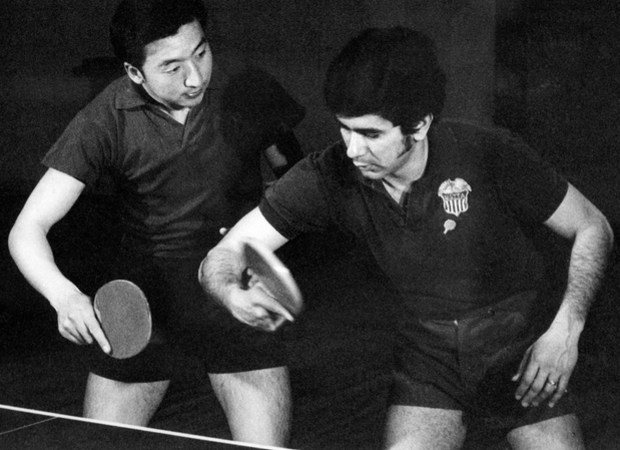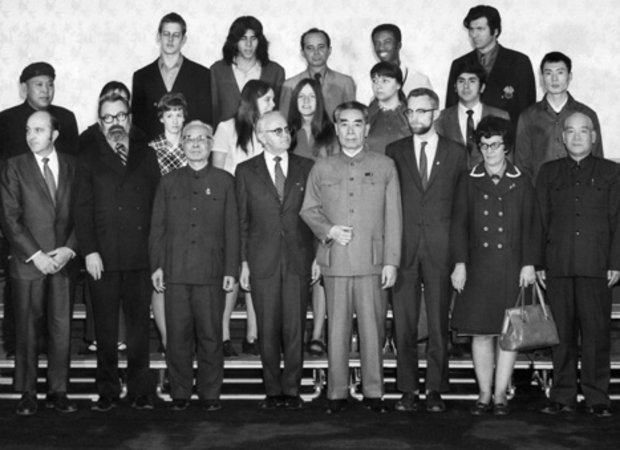
50 Years of Work on U.S.-China Relations
from Sinica PodcastIn this week’s episode of Sinica, we are proud to announce that we’re joining forces with SupChina. We’re also delighted that our first episode with our new partner is a...

In this week’s episode of Sinica, we are proud to announce that we’re joining forces with SupChina. We’re also delighted that our first episode with our new partner is a...

For Richard Nixon’s foreign policy, 1971 was the best of years and the worst of years. He revealed his opening to China, but he connived at genocide in East Pakistan. Fortunately for him, the world marveled at the one, but was largely ignorant of...

The spring of 1971 heralded the greatest geopolitical realignment in a generation. After twenty-two years of antagonism, China and the United States suddenly moved toward a détente—achieved not by politicians but by Ping-Pong players. The Western press delighted in the absurdity of the moment and branded it “Ping-Pong Diplomacy.” But for the Chinese, Ping-Pong was always political, a strategic cog in Mao Zedong’s foreign policy.